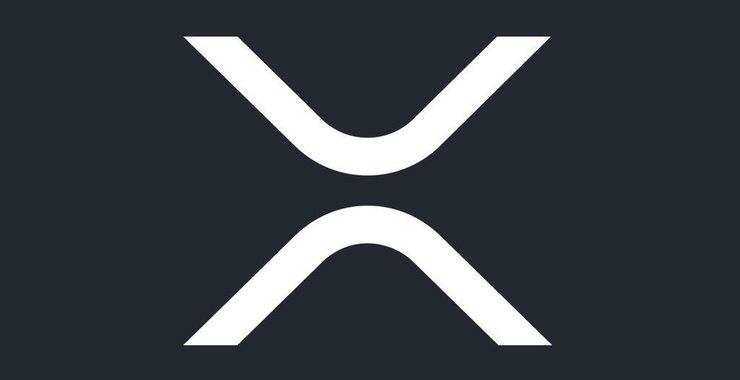David Schwartz, the chief technical officer (CTO) at Ripple Labs, Inc., recently argued that the network consensus mechanism used by the XRP ledger was functionally superior to the proof-of-work (PoW) based consensus mechanism used by the Bitcoin (BTC) blockchain.
Schwartz explained that by using Ripple’ proprietary “distributed agreement protocol”, instead of PoW or proof-of-stake (PoS) consensus mechanisms, the “net result” is that the XRP ledger is “much, much, faster.”
According to Ripple’s CTO, “ordering transactions” when using the XRP Ledger “takes a lot less time than mining does.” He further noted: “Mining [cryptocurrencies] takes a lot more time because it is, by necessity, a lot more computationally difficult.”
Pre-Mined XRP
Schwartz also explained how the transaction costs associated with using the XRP ledger are a lot lower when compared to the Bitcoin or Ethereum networks. Because XRP was pre-mined, meaning that all the XRP tokens, or their maximum supply, was already created when the token was first introduced, “the fees are a lot lower because you are not paying millions of dollars to miners to order transactions.”
The University of Houston electrical engineering graduate also said: “Transaction throughput is much higher” with the XRP Ledger. Schwartz claims that it is “well in excess of a thousand transactions per second and the cost of the system is negligible. 32 million ledgers have closed without issue since the system began operation in 2013. And consensus is more deterministic than PoW, [meaning] its behavior is more predictable.”
Going on to criticize Bitcoin and Ethereum’s methods of validating transactions, Schwartz argued that their ”block times are completely unpredictable. They average 10 minutes in bitcoin, they average 2 minutes in ethereum. But you notice, there can be 30 minutes without a block, there can be two blocks found at the same time. It’s essentially a statistically random behavior.”
XRP Network Has No “Dictators”
This, according to Schwartz, is a major problem which the XRP Ledger does not have as its consensus mechanism is “deterministic.” He added that unlike Bitcoin or Ethereum, the XRP network does not have:
a dictator that chooses which transactions go on which block. The network as a whole chooses which transactions go on which block in a fair way, which is important for some applications like if you’re going to have a decentralized exchange…in ethereum the miner might order the transactions and might inject transactions to gain the exchange for his benefit.
Schwartz continued:
And every two minutes, you sort of have a new dictator [in PoW or PoS based blockchain networks] running your exchange. I don’t think a stock exchange would operate well that way.
Schwartz says the XRP Ledger does not have these problems. He also argued that consensus is reached in a more democratic manner as “it’s a consensus of the network about which transactions go where. There isn’t one person who gets to gain each block to his personal benefit.”
Schwartz also claimed that transactions on the XRP Ledger are “fully confirmed in about three seconds,” and that transaction costs are only a small fraction of a penny.
“XRP Wins On All Metrics”
Commenting on the XRP Ledger’s superior network capacity, Schwartz said it can handle:
transaction volumes in excess of a thousand transactions per second … We also have off-ledger scaling through payment channels, so if you interact with the same parties frequently, you can interact off-ledger for privacy and performance benefits.
He continued:
Compared to the other leading digital assets, we just have a much, much better user experience. Other than competing on reach, and other than competing on features that don’t affect use cases like payments, what is it that matters?
According to Schwartz, what matters most is whether a digital currency payment network is secure, reliable, and can process payments cost-effectively. He claims that “XRP wins on all of those metrics.”









